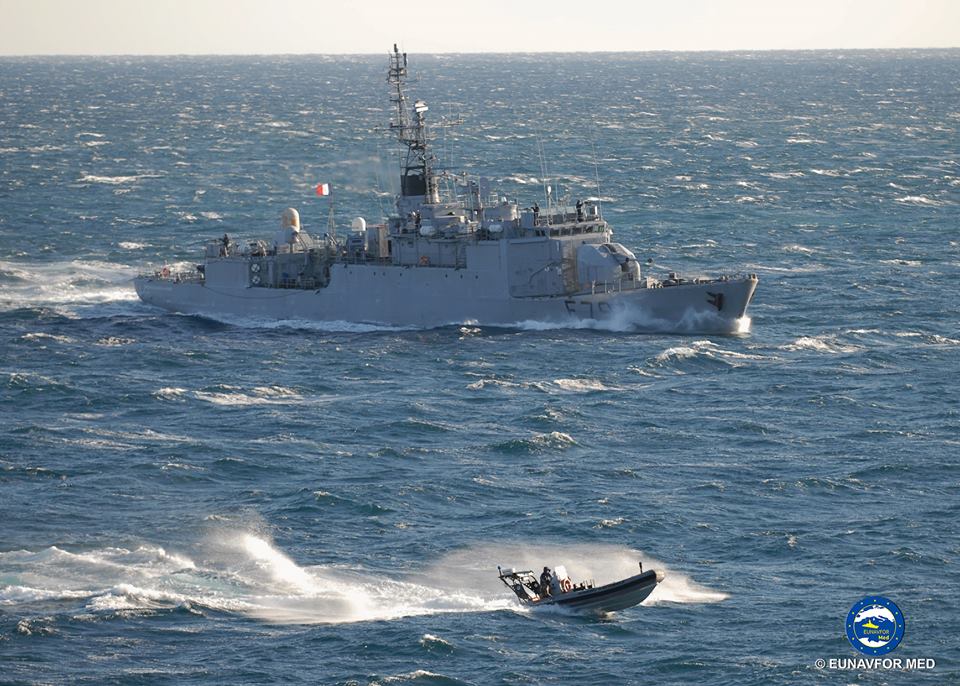Ponant: complaint against X for arbitrary detention
(B2) The Ponant affair seems to be approaching a delicate legal turning point. The French lawyers of the suspected Somali pirates, could indeed file a complaint against X for arbitrary detention (an X which hides, in fact, the soldiers of the operation and the Minister of Defence). Committed to this case, under legal aid, the 12 lawyers (from the 2008 internship conference) discovered several areas of worrying non-law in the file.
For lawyers arbitrary detention, coupled with degrading treatment. According to Romain Ruth, one of their lawyers - " there was no control by any judicial authority from the moment they were intercepted by French military forces on April 11, in the middle of Somali territory as they were preparing to flee in 4x4s, until their arrival in Paris (Le Bourget airport), by C-130 military aircraft on April 16. On board a Navy frigate (the Jean Bart then the Surcouf), "ithey have been detained in unpleasant conditions, handcuffed to their beds. We don't even do that for "classic" prisoners » he underlines. " None of the basic human rights have been respected. They were deprived of all freedom to come and go, regardless of any legal framework, deprived of the assistance of a lawyer, a doctor, a translator » Etc... This period of 5 days exceeds the maximum period of police custody (4 days in case of terrorism). And there is therefore arbitrary detention for the lawyers of the suspects. This is what they pleaded on March 10 before the investigating chamber of the Paris Court of Appeal. A hearing held behind closed doors, despite the lawyers' request to make the proceedings public.
The facts seem totally denied by the French judicial authorities. The suspects were, according to the Paris public prosecutor's office, neither detained nor detained before their arrival on French soil on April 16. They would have presented themselves "free" in Paris where an order to appear (with constraint) was issued to them (ie with an order to seize them). That's when the "real"Custody began, lasting 48 hours... Previously nothing.
A "legal fiction" disputed by lawyers. In effect, there isnothing in the file, for all the part prior to their arrival in Franceassured me Timothée Phélizon, another of the lawyers. "Not even the name of the airport where they arrived. We have nothing apart from the testimony of the suspects and the decision of the Public Prosecutor's Office to open legal proceedings (taken on April 14). Two reasons are mainly invoked by the public party to justify this silence: 1) defense secrecy; 2) the non-application of the Code of Criminal Procedure outside French territory - which entails the non-application of the rules of procedure in use for the duration of detention or assistance. Two reasons strongly disputed by the lawyers who are however disarmed. The only parry possible is tolodge an appeal against the soldiers, rather against X, for arbitrary detention” explains Timothée Phélizon. “Which could allow us to access certain parts”.
First result on April 6. The investigating chamber of the Court of Appeal has reserved its judgment to decide on the validity, partial or total, of the procedure, for April 6. If the nullity is pronounced, the suspects are free. If the nullity is rejected, the investigation procedure can continue (led by the Parisian judge Patrick Gachon). An appeal in cassation is always possible. And possibly a referral to the European Court of Human Rights in Strasbourg (for compensation) or the European Court of Justice in Luxembourg (for a preliminary ruling). The case has therefore not finished spilling ink...
Some comments. We know that the captain of a ship has "certain" judicial police powers (it's quite complex in fact - see a comment on this subject - but also the articles of the defense code). And that there is, on board, or not far away, a doctor on board. So certain rules of procedure could be respected. Similarly, repatriation to France, or the arrival on site of an examining magistrate, was technically possible quite early. The frigates being equipped with helicopter allowing a fast connection with Djibouti. Then from there to France. What did the intervention commandos do to leave. Or the hostages who returned on April 14. In fact, it seems that the order to seize the pirates - taken from very high up (on the instructions of Nicolas Sarkozy) - was (too quickly?) executed. And that the French authorities, once the people were arrested, did not really know what to do with them. There was a moment of hesitation that was totally detrimental to respect for fundamental rights. A lesson from which we hope that the EUNAVFOR Atalanta operation will have learned lessons. And which shows all the importance
of the "Legad" (the legal adviser) in this type of operation.
Also read theanti-piracy operation in limbo on the results.
(NGV)

